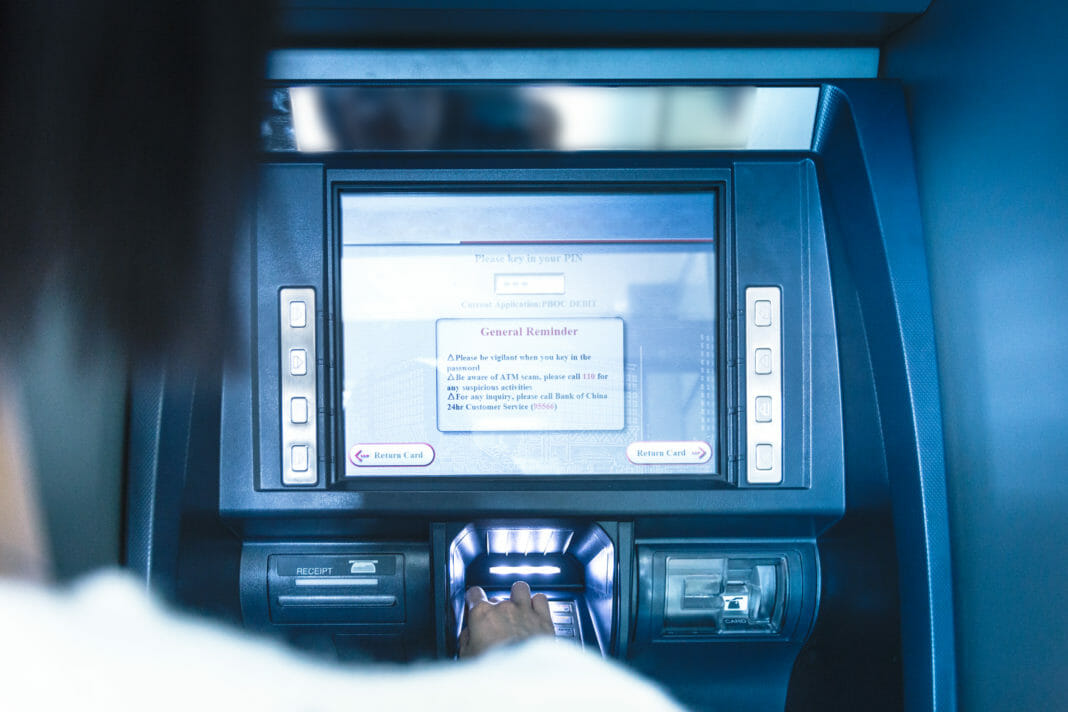The self-proclaimed CCC wants to improve regulations and protect the consumer. There are more than 42,000 bitcoin ATMs In the United States of America, but how not all of them are KYC compliant.
Bitcoin ATM (BTC) manufacturers and leading blockchain industry companies have announced the creation of a regulatory compliance organization. It will receive the name of the Cryptocurrency Legal Compliance Cooperative (CCC) and has at least 15 founding members.
As detailed in a publication revealed by PR Newswire, the goal of this new team is to set new improvements for regulations around cryptocurrencies, which must be user-centered to “stimulate public protection.” So by creating a more secure place for consumers and adjusting to all legal procedures, it is possible to bring more legal reputation to the industry of exchange between cryptocurrencies and cash, clarified the founders of the CCC.
Another vital aspect to consider is that there are not a few actors who see regulations as sufficient. The ecosystem should receive further regulations. To achieve this goal, the CCC will intend to stay at the forefront of developments and trends to prevent fraud. The application of state-of-the-art forensic technology is vital to achieving this goal, they say.
Currently, the organization consists of the companies Anti-Human Trafficking Intelligence Initiative, Chainalysis, CipherBlade, Coinsource, DigitalMint, Elliptic, Halo Privacy, Maya, Metropolitan Capital Bank, Palmera Consulting, Royal Business Bank, Surety Bank, The Knoble, Titan Bank, and Trust Stamp.
According to the published document, other companies in the cryptocurrency sector, financial institutions, suppliers, non-governmental organizations, and regulatory bodies can also join. Meetings will happen at least quarterly.
Views and Other Statistics
Seth Sattler, director of legal compliance at DigitalMint, a company that fabricates bitcoin ATMs, stated that this peer-to-peer unit would fight against practices such as fraud, elder scams, and drug and even human trafficking.
He also discussed that a smaller group of ATM operators apply to Know Your Customer (KYC) and anti-money laundering (AML) policies. Others just turned a blind eye and supported these criminal practices allowing them to work almost anonymously.
Bo Oney, Coinsource’s executive vice president of operations and chief legal compliance officer, exposed his ideas in the same vein. “Some ATM operators think that asking for a cell phone number is good enough to comply with the KYC.”
One more piece of information that the CCC requires in its statement is that there are currently 42,000 bitcoin ATMs in the United States of America. These ATMs help people effortlessly access the world of cryptocurrencies by purchasing cryptocurrencies with cash.
In Search of Better Regulations for Bitcoin
The founding policies of the Cryptocurrency Legal Compliance Cooperative are running in parallel with what is expressed by the International Financial Action Group (FATF). In May, a report highlighted that this entity would update its guidelines regarding activities with cryptocurrencies. However, its publication got finally postponed to October.
By: Jenson Nuñez











